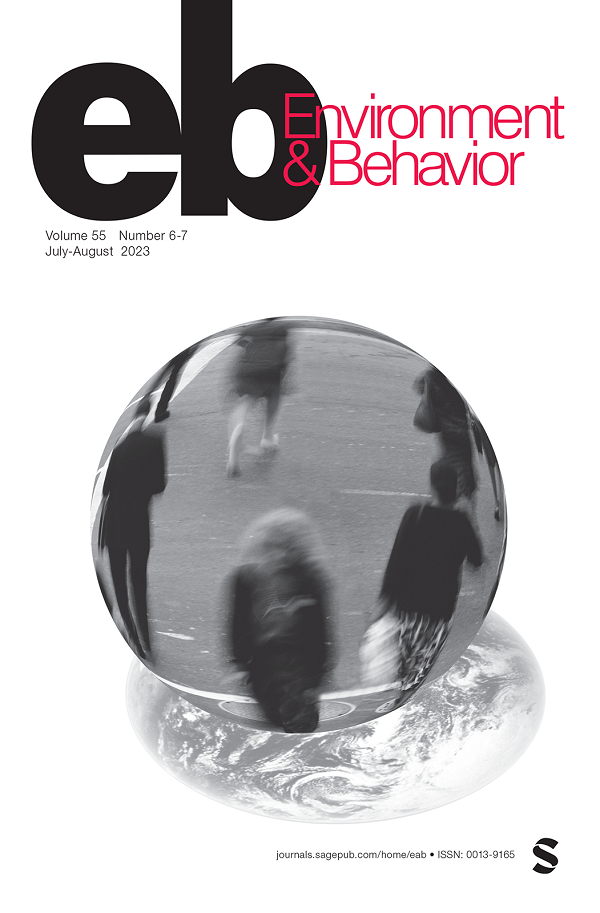强制主动选择与默认引导之间的有效性-接受性权衡证据:减少食堂肉类消费的实地研究
IF 4.6
2区 心理学
Q1 ENVIRONMENTAL STUDIES
引用次数: 0
摘要
肉类消费过量在西方饮食中仍然很常见。在食堂环境中,我们评估了两种干预措施对减少肉类消费的影响:强制主动选择(明确选择肉类份量)和默认提示(提供减少肉类份量的选择)。我们的实地研究涉及 5966 次食物选择和 125 名食堂使用者的反馈,结果显示这两种干预措施都很有效,而且被认为是合乎道德的。在 11 种肉类菜肴中,这两种干预措施都增加了对减少肉类份量的选择。值得注意的是,默认提示的影响更大,90.6%的人选择了减少肉类份量,而主动选择的比例仅为 38.5%。有趣的是,性别差异在主动选择阶段最为明显,而在默认条件下则有所减少。我们预测,在有偏差的食物选择环境中,当一种选择明显受到青睐时,受社会人口因素影响的食物选择差异可能会减小。本文章由计算机程序翻译,如有差异,请以英文原文为准。
Evidence on the Effectiveness-Acceptance Trade-Off Between Forced Active Choice and Default Nudging: A Field Study to Reduce Meat Consumption in Cafeterias
Overconsumption of meat remains common in Western diets. In a cafeteria setting, we assessed the impact of two interventions on reducing meat consumption: forced active choice (explicitly choosing meat portion size) and default nudge (offering a reduced meat portion with an opt-out option). Our field study, involving 5,966 food choices and feedback from 125 cafeteria users, revealed both interventions were effective and perceived as ethical. Across 11 meat dishes, both interventions increased the selection of reduced meat portions. Notably, the default nudge had a more substantial impact, with 90.6% opting for reduced portions compared to 38.5% for active choice. Interestingly, gender differences are most pronounced during the active choice phase and reduced through a default condition. We predict that in biased food choice environments where one option is clearly favored, differences in food choices influenced by socio-demographic factors are likely to diminish.
求助全文
通过发布文献求助,成功后即可免费获取论文全文。
去求助
来源期刊

Environment and Behavior
Multiple-
CiteScore
13.30
自引率
1.80%
发文量
13
期刊介绍:
Environment & Behavior is an interdisciplinary journal designed to report rigorous experimental and theoretical work focusing on the influence of the physical environment on human behavior at the individual, group, and institutional levels.
 求助内容:
求助内容: 应助结果提醒方式:
应助结果提醒方式:


